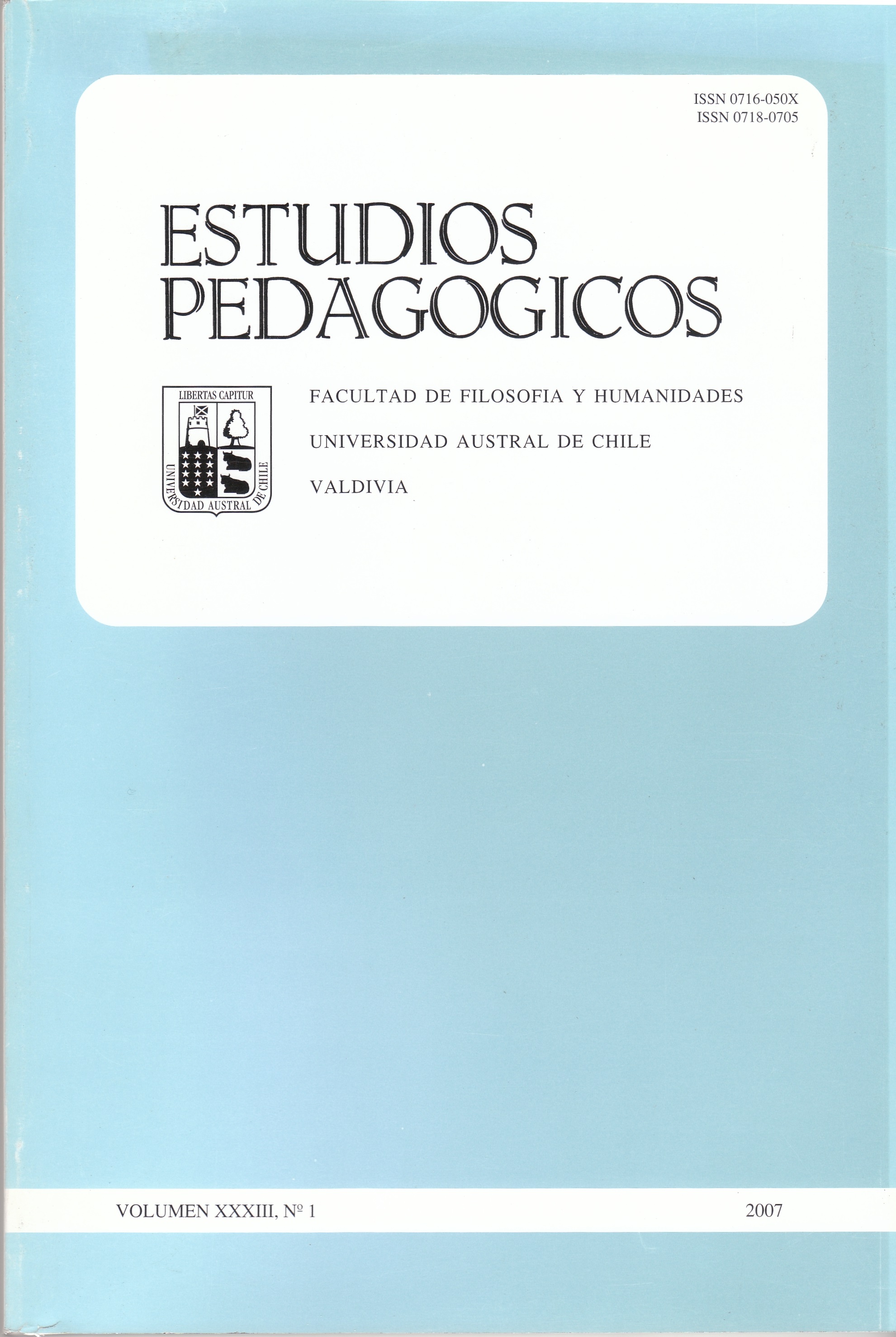School and citizenship: reflects from the imaginary meanings and the self-reflectiveness
Main Article Content
Abstract
To reflect on citizenship, from our perspective of Latin Americans, is to locate ourselves within this kaleidoscope of imaginary meanings that capitalism with its double expression of both production and consumption has proposed to us. In a moment in which the loss of the social link and
the common project, named by Castoriadis as the advance of insignificance, has affected the way to configurate the individual and the ways to assume citizenship, it has become mandatory to make the school environment along with its pedagogical practices an opportunity of formation in autonomy, with solidarity and social sensibility as the recognition and making visible of what looks strange to us: our young men and young women.
Similarly, the school should not just be a knowledge institution, but a formation scenario to promote the recognition of others, to generate freedom possibilities for the transformation of the individuals themselves and to problemize imaginary meanings through subjectivization and political participation configurating esthetical practices.

